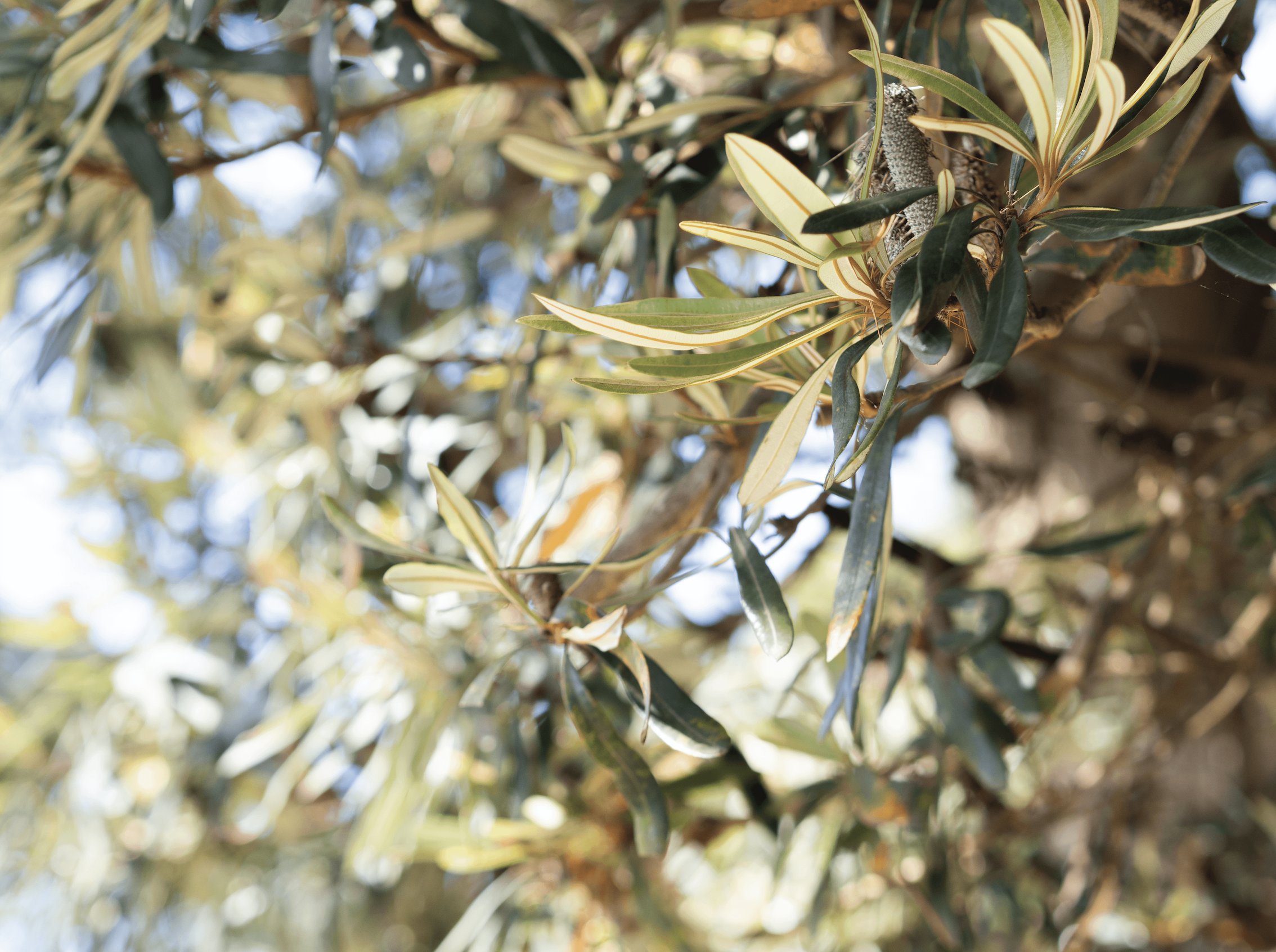
Hattah Matters
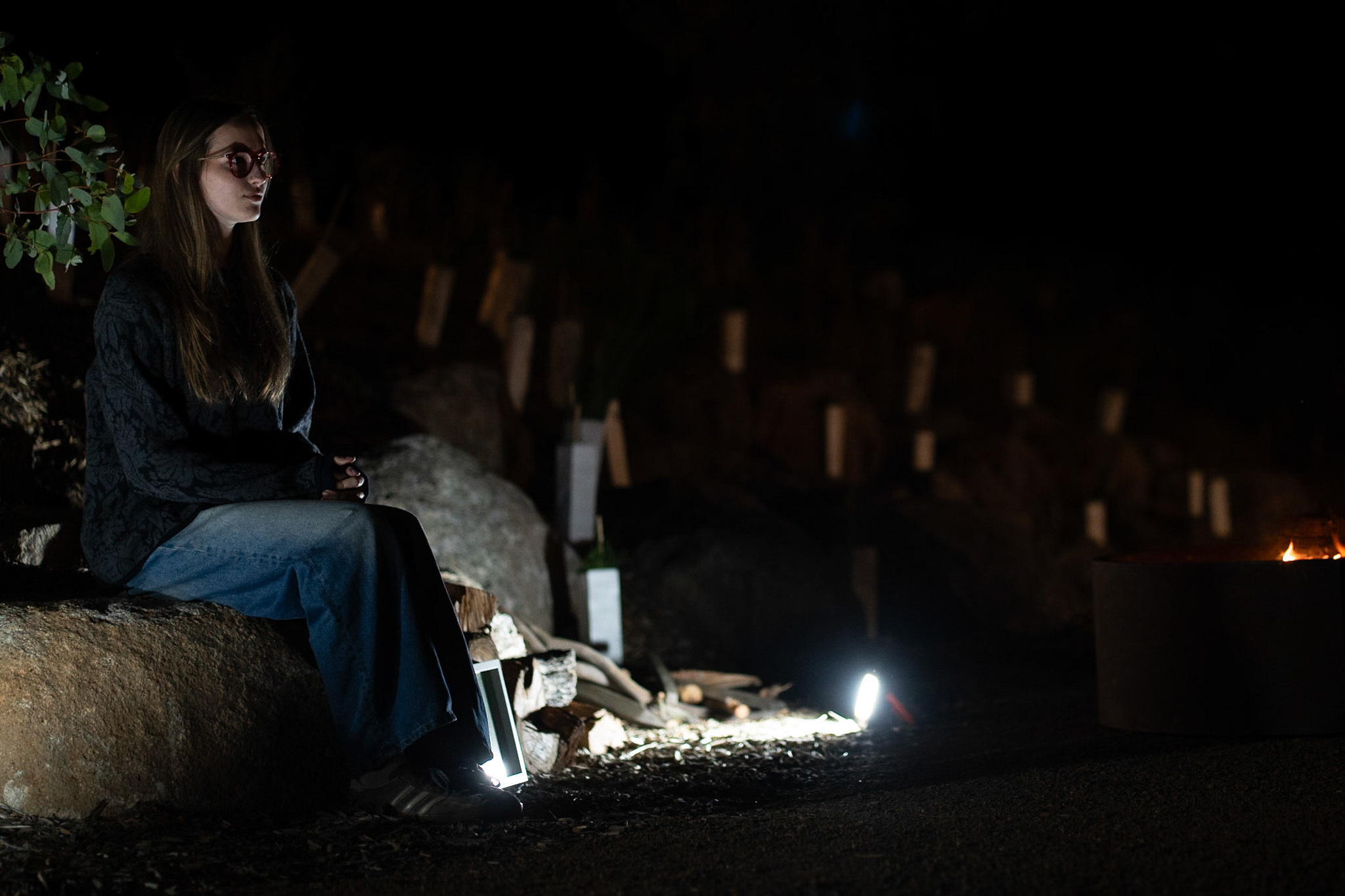
From the age of three, our kids are elbow-deep in gaming, scrolling, eventually social media - and plenty of other platforms we’ve never heard of. By the time they reach their teens, they have distant online lives we’re not part of. We know this, we talk about it often, but there’s another layer to the story.
Historically, our kids were mentored by people, place and connection. The classic Rites of Passage tale – change and responsibility were marked with pride, by the people who knew them. Belonging and the formation of identity were treated with care. Today, the markers are blurred because our young people are apprenticed by algorithms and strangers, and it’s so hard for us to gatekeep who’s telling them who to be.
So, what can we do? It’s a big question, but one thing we can do is rethink what it means to grow up today – not what it was like ‘when we were kids,’ but what it's like now.
When we can ask them, 'How can we continue these rites of passage traditions in ways that feel relevant to you?' The answer, again and again, stems from a desire for simplicity. Humans are wired to grow and evolve. They want to feel positive about themselves and ready to move to the next stage. Our students don't want more strategies, lectures and overlays, they want simplicity.
Being in nature, on Hattah, gave me a full reset of my emotions and a break from the overwhelming aspects of my everyday life
Stripping back the layers and returning to people, place and connection happens on Hattah. This is why, as we like to say, Hattah Matters.
Woodleigh’s Year 10 Hattah Program is a modern rite of passage. It’s grounded in simplicity, vulnerability and shared human experience. Hierarchies are broken down and rearranged, struggles are real, survival is key and eyes are opened. There is nowhere to hide, and only your full self to show up. By Year 10, Woodleigh kids are ready for the challenge, whether they think so or not. They’ve had a school’s lifetime of lead-up. They understand resilience, empathy, compassion, and they understand responsibility – in theory. At Hattah, it is demonstrated in reality.
In the Hattah-Kulkyne National Park, students are dropped into the desert. No teachers and no phones, all they have is each other. They carry what they need, sleep under the stars, walk, talk, sing, reflect and spend time alone. They have the time, space and quiet to hear themselves. They make decisions, make mistakes and help each other. Days and nights pass and they cross, almost accidentally, into the mindset of equality and shared responsibility.
There are now two versions of Hattah to choose from. The tried and tested, long standing one we know and love. There is also an even more challenging version; Hattah Rites of Passage (ROP). Year 10 student Barney chose the ROP expedition. Despite the extra physical and emotional challenge, he 'felt happier with the simplicity of life at Hattah.’ Charlotte, too, chose to push herself and chose the ROP option. ‘Hattah made me realise how little we need as people, and how much happier we could be if we all just lived simply with little to worry about.’ Before and after the expedition, parents are invited to a sending off ceremony, and then a return celebration, so they can see and hear about the challenges and triumphs their own children felt - but from their children's peers. It’s a powerful ceremonial piece to the Rites of Passage Program.
Hattah, whether students opt to do ROP or not, isn’t a magic fix, but it matters. If their sense of identity feels as though it’s been put through a blender, it’s a timely opportunity for them to consider their next steps with strength and pride and feel the weight and freedom of independence. They return to school and their daily lives with a clearer sense of self.
Hattah offers very little - and everything that matters - all at once, the modern rite of passage. As your child talks about Hattah for next year, there could be trepidation, excitement, everything in between, but it's more than a backpack and blisters. It’s a threshold moment - and no one forgets or regrets Hattah!
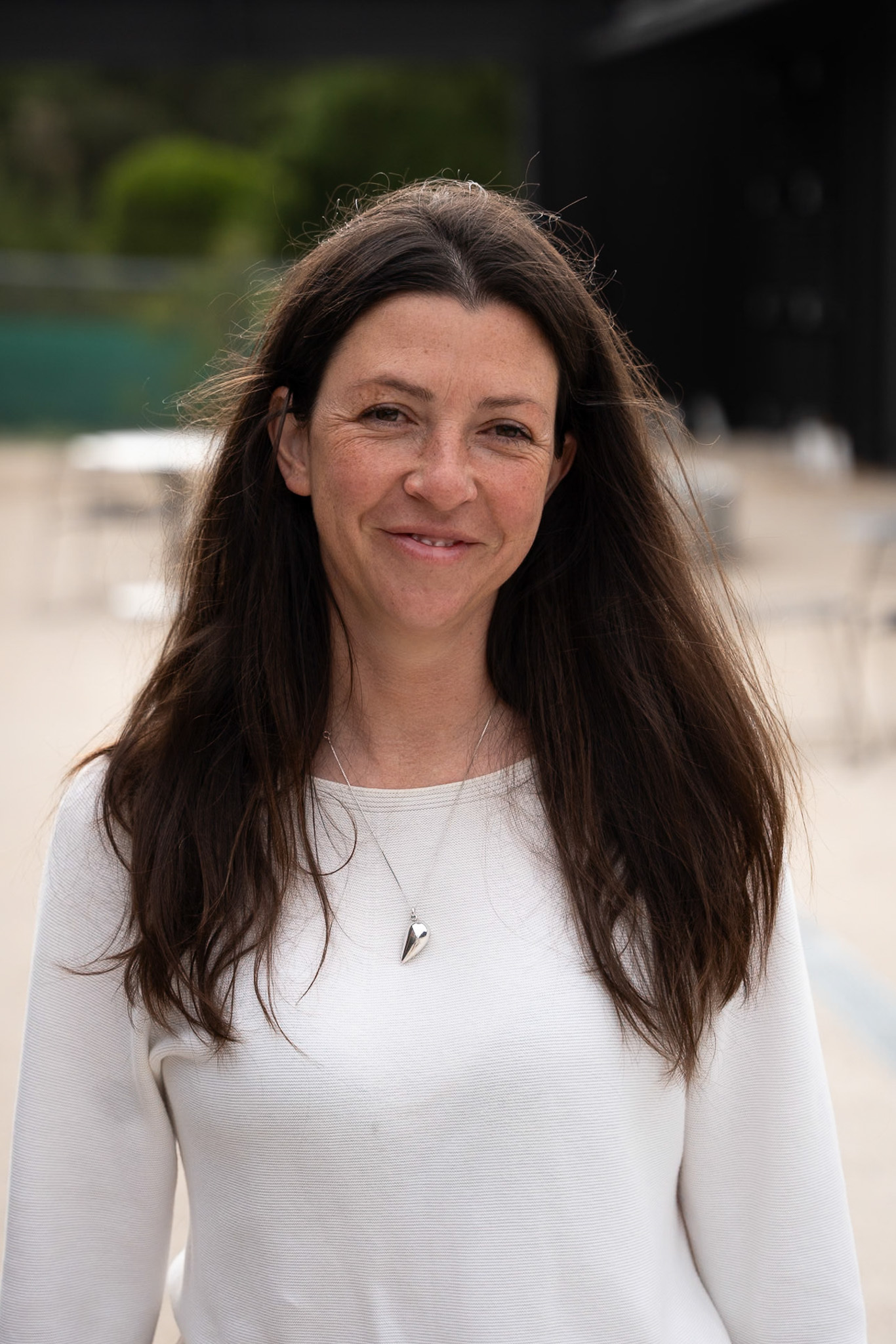
Share this article
Keep reading
More articles from Woodleigh School


Director of Wellbeing
Can neuroscience explain why Woodleigh works? Yes, yes it can.
Continue Reading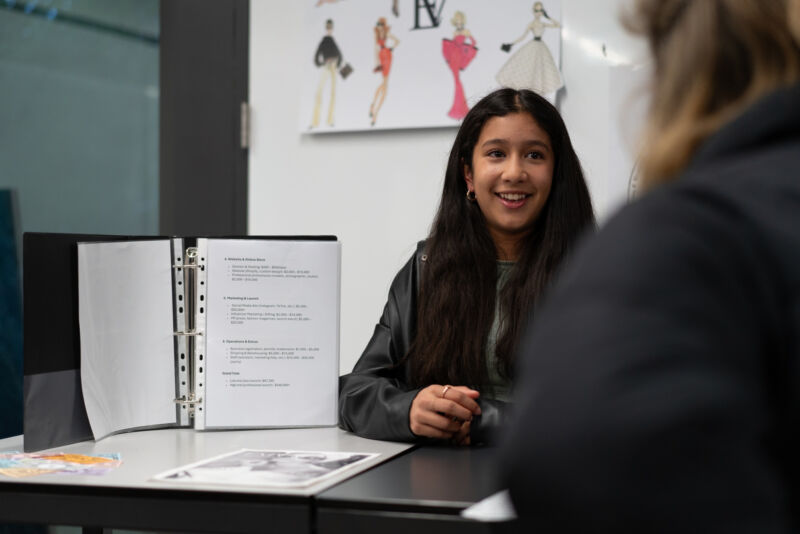

Principal
As students call for change, Victoria’s VCE system, currently under review, faces a pivotal moment.
Continue Reading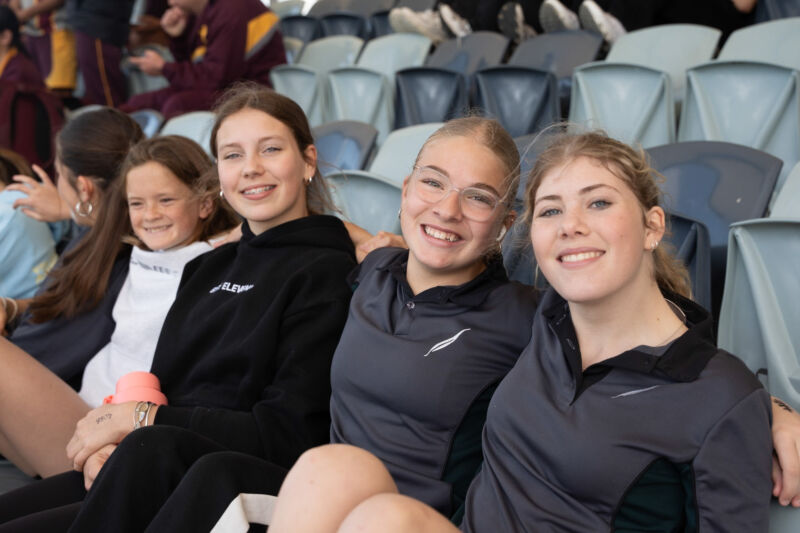

Head of Wellbeing and Administration - Middle Years
For adolescents, it’s not a matter of if challenges arise, but when. How we respond makes all the difference.
Continue Reading